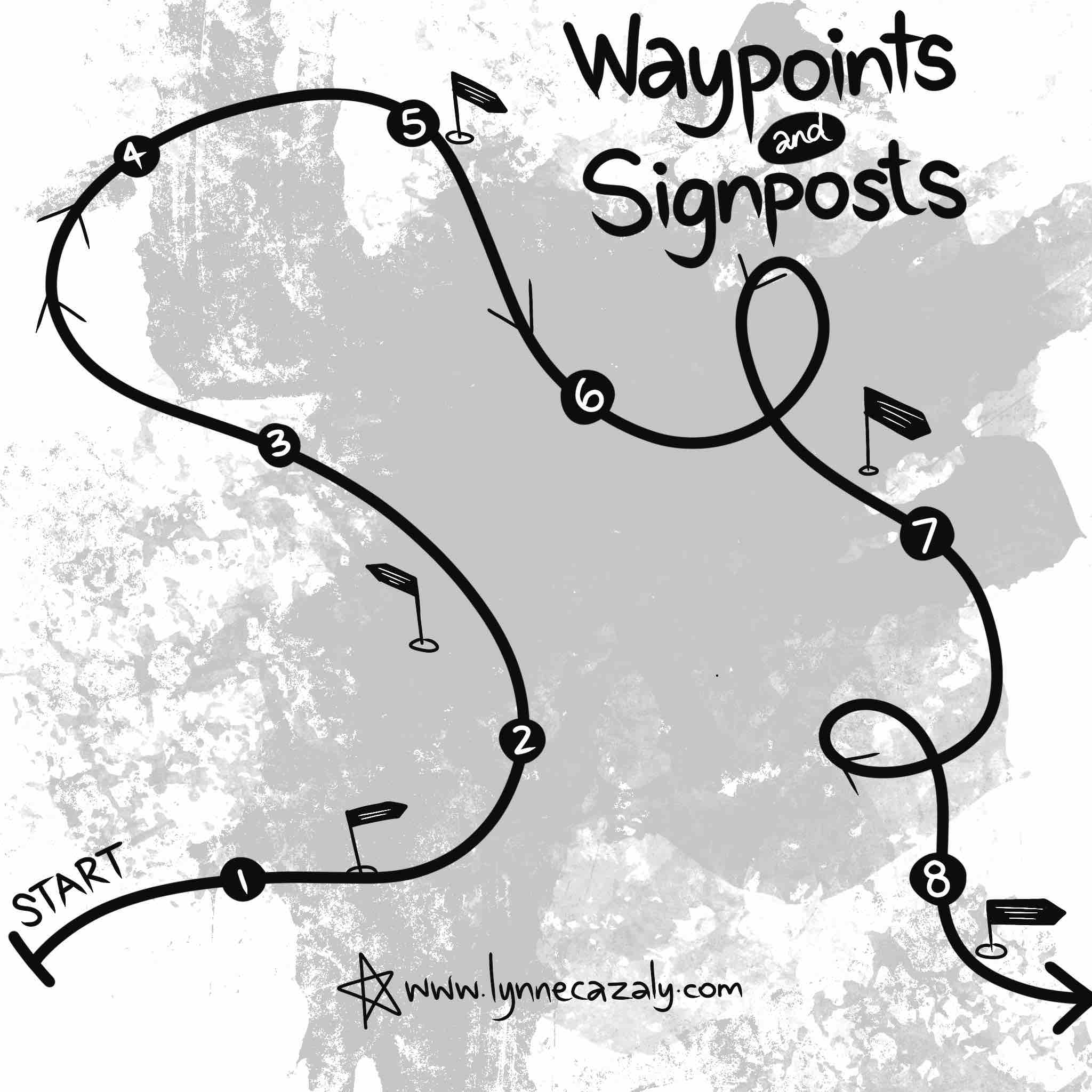Signposts and waypoints
 Saturday, July 4, 2020 at 10:41AM
Saturday, July 4, 2020 at 10:41AM  As we deal with increasing amounts and complexity of information, it’s worth remembering a golden rule: people may not be as interested in your stuff as you are.
As we deal with increasing amounts and complexity of information, it’s worth remembering a golden rule: people may not be as interested in your stuff as you are.
That means they won’t work too hard to process it, organize it or make sense of it.
They’ve got other things on their mind, better things to do, little space to take more on. They’ve got even less capacity for poorly arranged information.
During an online event recently, I was overwhelmed with the lack of structure in presentations.
Overwhelmed because it became a dump of information, a series of points that were disconnected, unrelated and in no sequence, theme or logical order.
Not everything can be important. We can’t take it all in, all at once.
Just as we can’t complete a journey in one step, delivering information requires a step by step or chunk by chunk approach.
Waypoints and signposts can help.
📌 Waypoints where you stop or pause along the way.
➡️ Signposts that guide people along.
Otherwise it’s just a dump.




















